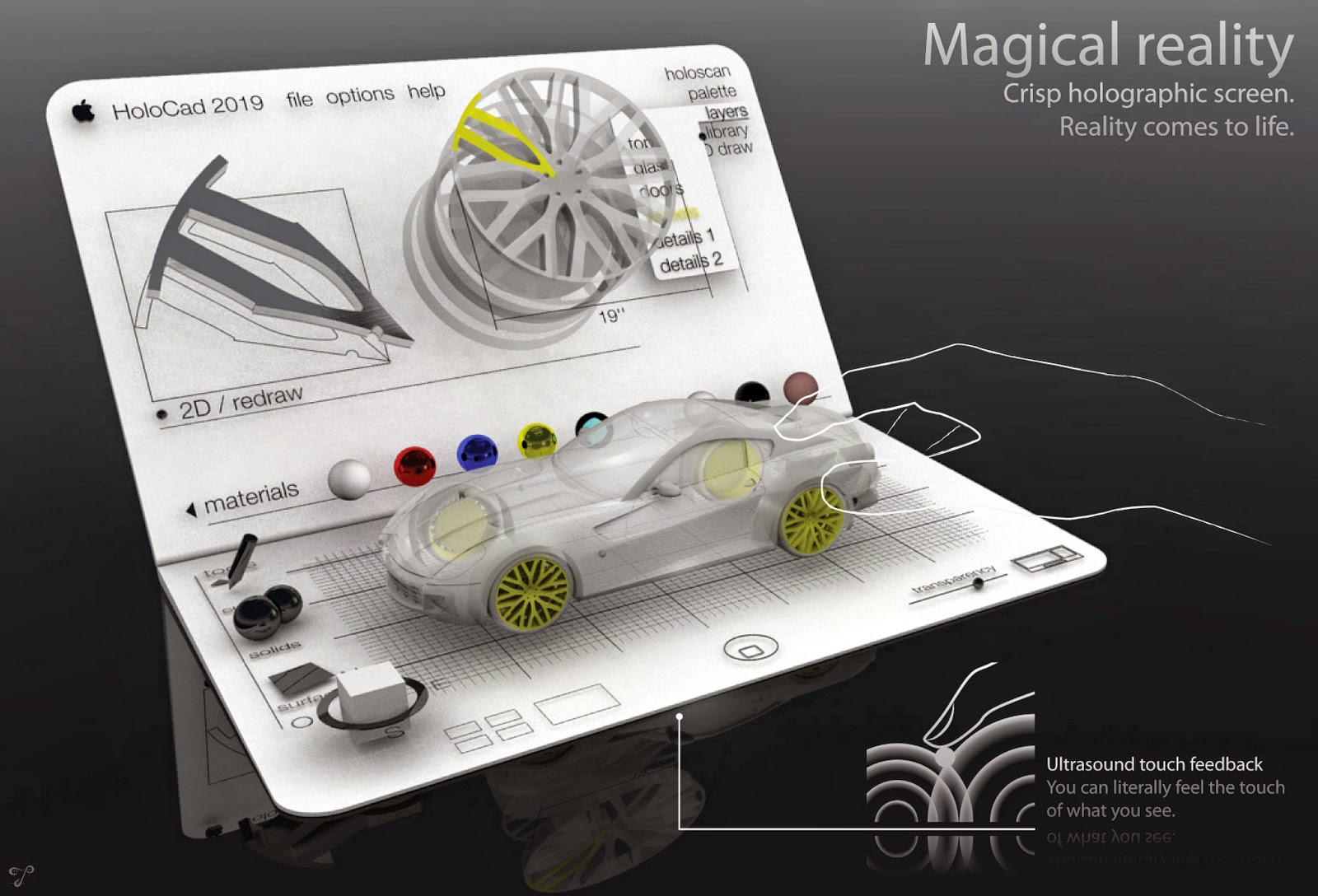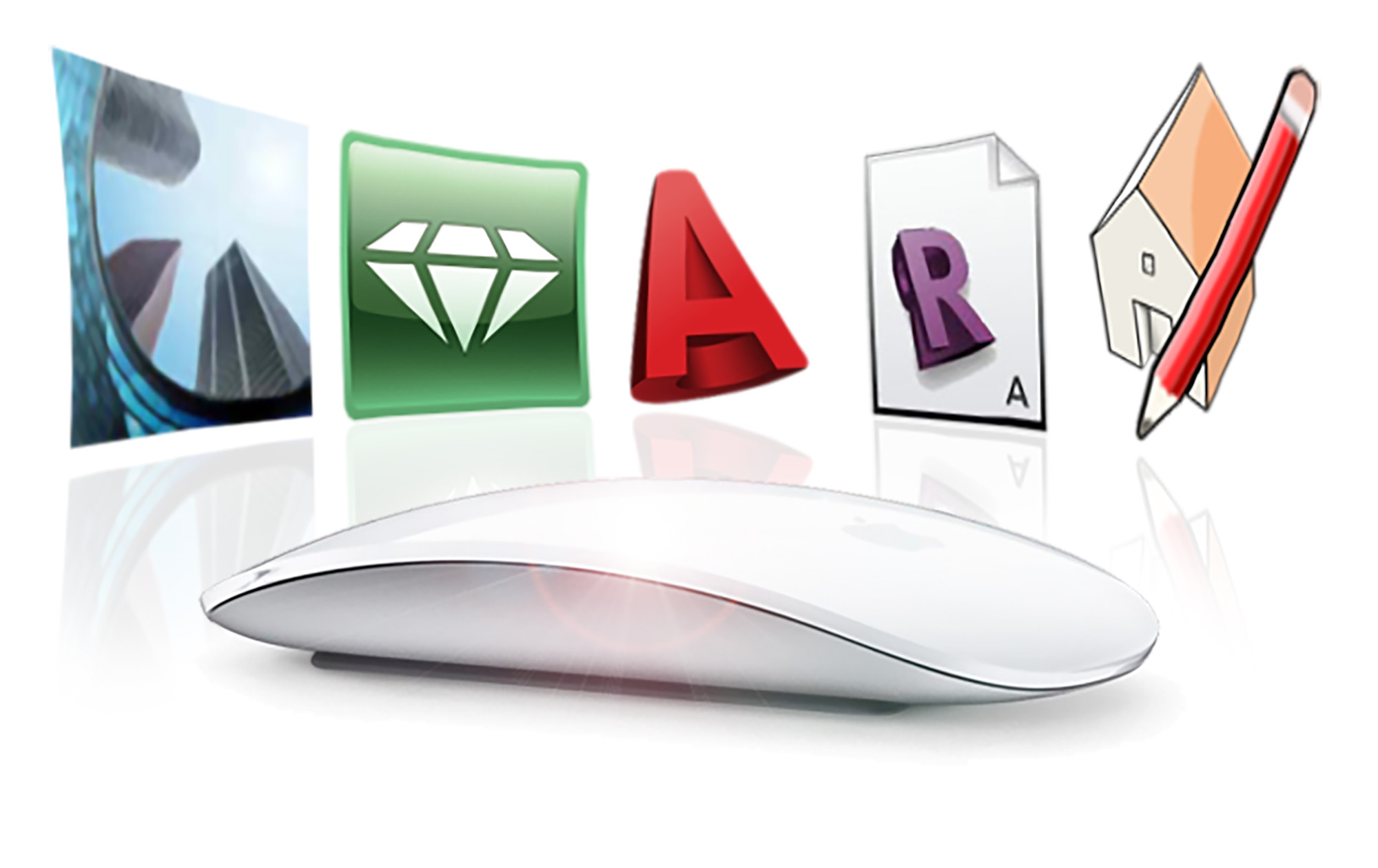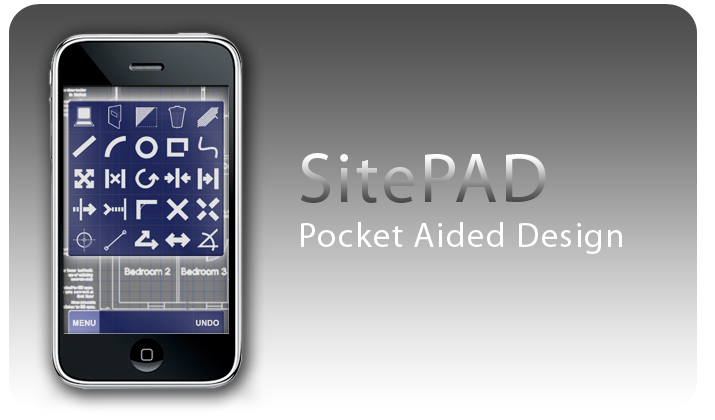iPad: The Lord of the Tablets

The age of the Tablet Wars is firmly upon us, as developers & consumers alike are absolutely fascinated by the abilities, power, versatility and magic of the new touch devices, while they change the way we learn, play and work.
But even though many companies have attempted to topple the big dog, nearly 2 years later the iPad still stands as "the one tablet to rule them all". My iPad continues to surprise me by the way I interact with content more than ever before and seem to "inhale" information, more than from any book, laptop or TV, whether it be news, videos, podcasts, and even iBooks.
The Personal Computer paradigm has dominated since around the early '80s, and the only significant revolution in our interaction since then had been the introduction of the laptop, and though it freed up people from the shackles of the desktop, the one thing that people still moan about, as they hunt like ravenous blood-hounds for the nearest power socket, is the ever-fading battery power.
On April 3rd 2010, staying true to their motto "think different", Apple added a new dimension to the paradigm and brought on a new era of computing with the iPad; not a PC, not a smart-phone, but somewhere in between, a third category of Tablet Computers. Apple wasn't exactly first at this game, but they were the ones that got it right. Microsoft had introduced the first Windows Tablet PC in 2001 (which was Stylus pen-based with resistive touchscreens), as well as many different models after that; but even including the variety of other Linux models, Apple somehow was able to outshine and outsell them all.
Why is that? And why is the iPad considered a separate category?....It's still basically got PC parts inside and just about as portable as any laptop, but obviously what distinguishes it is its super easy approach to many everyday tasks with its streamlined iOS, its phenomenal battery power, incredible lightness, super quick sleep/wake time due to the flash solid state memory, and obviously the multi-touch capacitive finger- driven interface, allowing more users than ever to interact with them simply, effectively and enjoyably; not to mention the simplified & automated approach to saving files, relieving the user of the hassle of file management! It is a medium for consuming & creating content in a way never before possible. The iPhone may have been the backbone, but iOS was able to shine with the iPad's larger screen size, and become far more useable in play and work.
Not saying that other companies aren't doing a good job in bringing out their own devices and attempting to compete, though they have yet to rise to the challenge of building an original and enjoyable experience the iPad has brought, and though some Google Android powered tablets show some promise, in my view (even though it's always fun to take jabs at them) Microsoft have impressively started to turn it around and had the guts to come up with a completely new UI experience with their Windows 7 ecosystem, which will in no doubt be brought forward to their upcoming Windows 8 Tablets. At this time the iPad's rivals - or you can say....participants in the Tablet Wars - include the Motorola Xoom, the Samsung Galaxy Tab, the Blackberry Playbook, the Amazon Kindle (ok...it's not a tablet computer per say, but it does do a couple of things quite well), and until recently the HP TouchPad, which took a surprising turn when HP decided to accept defeat and scrap the whole project, along with exiting the PC business altogether.
While it continues to divide opinion, a quote from Royal Farros, CEO of IMSI, seems to sum the situation up quite aptly :
“Like the Mac in 1984, which many said was just a $2400 Etch A Sketch, many looked upon the iPad when Apple introduced it in a similar way,...”
Skeptics are hesitant even simply using the iDevice, insisting that it's just a toy with a heavy price tag and limited functionality - possibly due to the lack of Flash video, an integrated keyboard, and you can't tinker with the device like you can with an Android (or Honeycomb) powered tablet - unless you Jailbreak it of course - but after so much success, shipping around 45 million iPads in just 18 months (more than ALL Tablet PCs ever sold) and is expected to rise to 60 million by the end of 2012, people seem to be falling to its magical charm at an alarming rate and not caring about the skeptics' views. Objectively, it must begin to be viewed as a significant feature, if not the protagonist, in what Steve Jobs declared is the "post-PC era".
Published article in Fall issue (3/2011) of ArchiMAG magazine
Architect - Tech Writer - 3D Artist - 3D printing enthusiast





